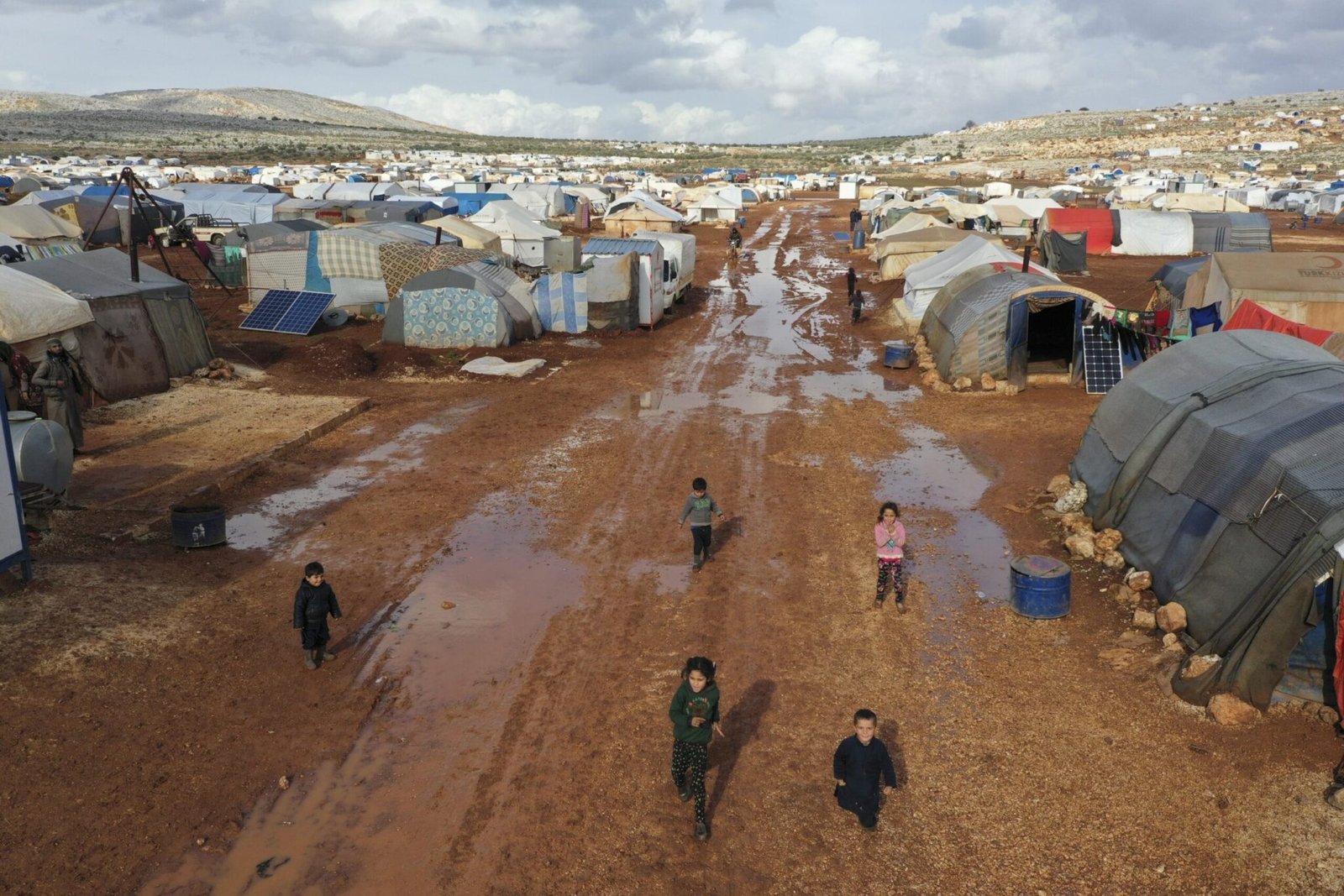Rebuilding Syria Begins with Its People

Syria stands at a pivotal juncture in 2025, grappling with the aftermath of President Bashar al-Assad’s ousting and the complex challenge of reintegrating millions of displaced citizens. With over six million Syrian refugees abroad and seven million internally displaced, the nation faces an unprecedented repatriation effort. While the fall of Assad’s regime has ignited hopes for renewal, the reality on the ground presents formidable obstacles to sustainable reintegration.
The surge in returnees, particularly following regional conflicts such as Israel’s invasion of Lebanon in late 2024, has intensified pressures on Syria’s fragile infrastructure. Many returnees find their homes destroyed or occupied, and essential services like healthcare, education, and sanitation remain severely compromised. The economy, having contracted by over 80% since 2011, offers limited opportunities, with widespread unemployment and a poverty rate nearing 90%.
Neighboring countries, burdened by economic downturns and political pressures, have begun deporting Syrian refugees, often without ensuring conditions in Syria are conducive to safe return. This has led to premature and, at times, coerced repatriations, exacerbating the humanitarian crisis. The international community’s waning donor support, driven by fatigue and global economic challenges, further hampers efforts to provide adequate assistance to returnees and host communities.
Effective reintegration necessitates a coordinated approach involving Syria’s transitional government, international organizations, and civil society. The United Nations High Commissioner for Refugees (UNHCR) should spearhead efforts to ensure returns are voluntary, safe, and dignified. Collaborative frameworks must address legal disputes over property, provide access to civil documentation, and rebuild essential services. Moreover, leveraging humanitarian aid as an incentive can encourage host countries to uphold commitments to protect refugee rights.
Syrian civil society organizations, having played a crucial role during the conflict, are instrumental in facilitating reintegration. Their deep-rooted community presence and operational flexibility enable them to address immediate needs and foster trust between returnees and local authorities. However, for long-term sustainability, these NGOs require clear legal frameworks and support to transition responsibilities to revitalized public institutions.
The path forward is fraught with challenges, but with concerted efforts and genuine commitment from all stakeholders, Syria can navigate this complex phase. Ensuring the safe and dignified return of its displaced population is not only a moral imperative but also a cornerstone for the nation’s stability and future prosperity











